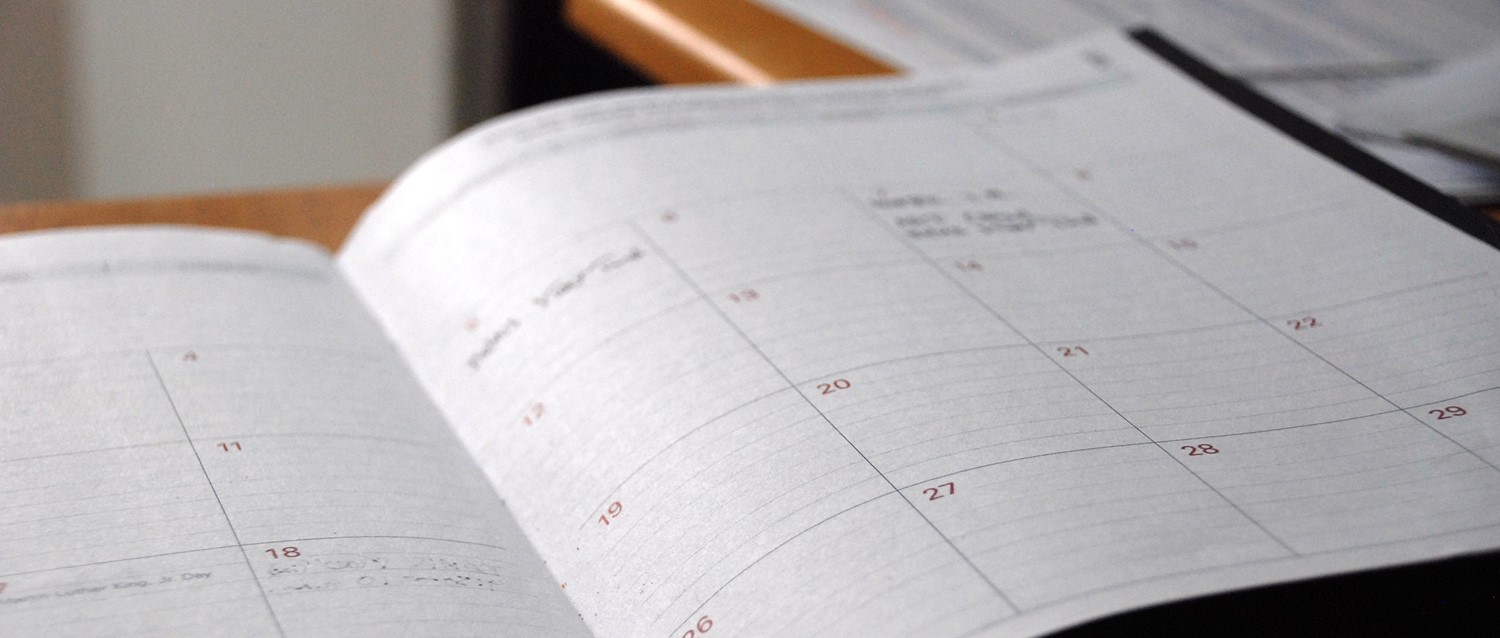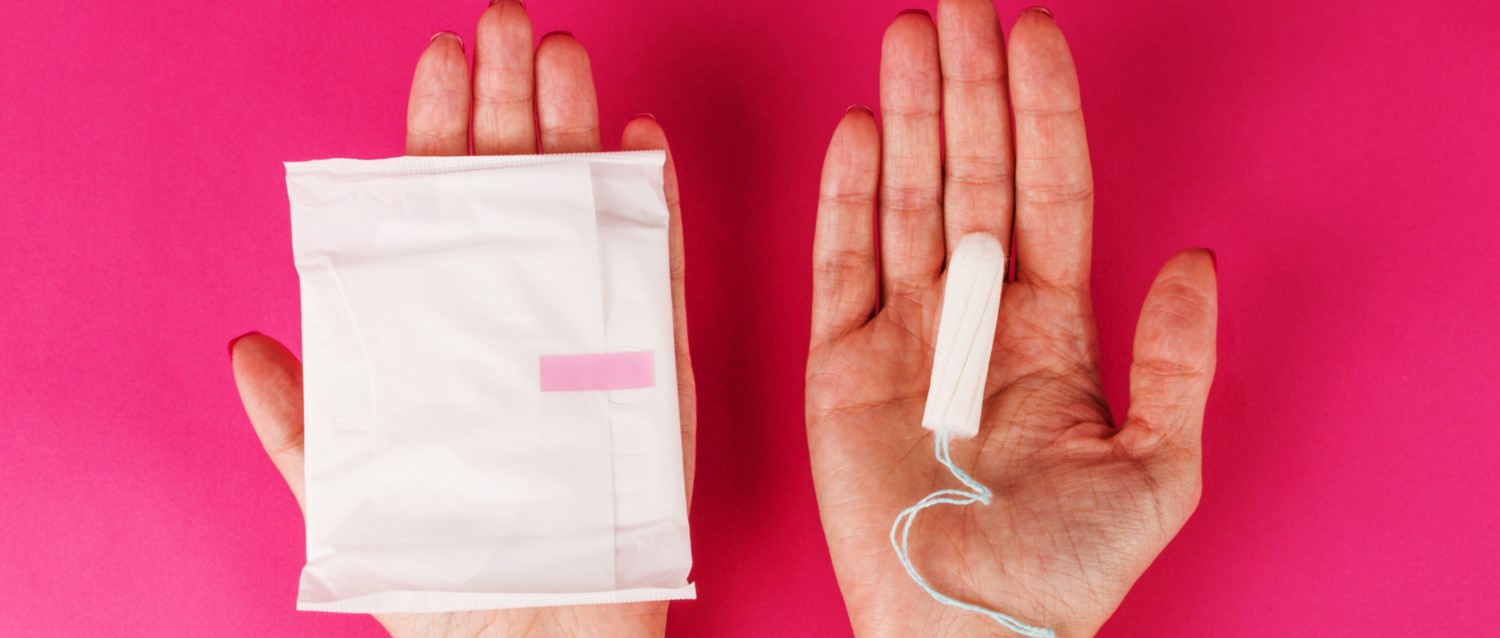
Why you should be tracking your period
Peer reviewed by Dr Sarah Jarvis MBE, FRCGPLast updated by Milly EvansLast updated 30 Sept 2020
Meets Patient’s editorial guidelines
- DownloadDownload
- Share
- Language
- Discussion
New technology means it's easier than ever to keep track of your social life, work and even your health. Period tracking apps have grown in popularity in recent years, and for good reason. Keeping track of your menstrual cycle, whether on your phone or on paper, can enable you to understand your body, recognise symptoms and keep track of your fertility.
In this article:
Video picks for Periods and period problems
Continue reading below
Menstrual health reflects general health
Dr Karen Morton, consultant gynaecologist for Dr Morton's - the medical helpline, says that the regularity of periods is a key indicator for overall well-being.
"Having regular periods is generally a sign of good general health. Being too thin or too fat will often stop regular egg production because nature decides that the woman is not in the right physical condition to be pregnant and nurture a baby."
The regularity of your period, or losing it altogether, can indicate a reproductive condition such as polycystic ovary syndrome (PCOS), an eating disorder or even wider health issues such as stress. Many apps also offer the ability to monitor exercise and water intake as well as recording your cycle, which may contribute to a healthier lifestyle.
It can help you understand your cycle
Back to contentsBy tracking your period, and particularly by tracking your flow and discharge, you can understand the way in which your menstrual cycle works. This can allow you to be more in tune with your body, recognise fluctuations and be prepared throughout the month.
Chief executive of gynaecological cancer charity The Eve Appeal, Athena Lamnisos, explains, "Knowing your menstrual cycle is a very important part of knowing your normal. Keeping track of your periods, when they are, how long and how heavy, will allow you to spot if anything changes for you, which could be a symptom of many things. Occasionally this even includes cancer, which of course you want to rule out."
However, her advice isn't just for people who are still menstruating. "If you aren't having periods anymore, it's recognising that any amount of bleeding is never 'normal' and needs to be checked out."
Tracking can also help you understand other variations throughout the month. Mood swings can feel random and frustrating at times, but by recording your cycle you may be able to understand your mood. This can enable you to take action if it becomes a problem. Recording mood symptoms can be particularly helpful for those concerned about, or living with, a more severe form of PMS called premenstrual dysphoric disorder (PMDD), as a period tracker can reflect exactly when symptoms appear. This goes for all emotional and physical symptoms.
Continue reading below
You can track abnormal symptoms
Back to contentsThe Eve Appeal suggests using period tracking apps or a diary to record symptoms such as irregular periods, pain, heavy bleeding and spotting, as well as abnormal discharge. Lamnisos says: "If you are concerned about any changes you are experiencing - including bleeding between periods or after sex - tracking this will equip you with the information you need to have a meaningful conversation with your doctor."
Lydia Brain was 24 when she was diagnosed with womb cancer after two to three years of going to GPs with abnormal bleeding. "My periods got heavier so gradually that it was hard to pick up when they were abnormal," she explains.
Following diagnosis, she required a full hysterectomy as one of her two tumours was deep in the wall of her womb. Now 26, she notes, "I wish I had tracked my periods properly, as perhaps I would have got diagnosed sooner if I could have demonstrated more evidence to the doctor that something abnormal was going on."
Monitor your fertility and plan ahead
Back to contentsFor those wishing to get pregnant, and those trying to avoid pregnancy, understanding your cycle enables you to plan ahead. Many apps will predict your 'fertile window' as well as a day of ovulation so you can avoid or aim to have sex at the most appropriate time. But the majority of period tracker apps aren't certified for use as contraception. And experts don't advise using any of them as your only form of birth control. It's a good idea to use other contraceptive methods as well as natural family planning when trying to avoid pregnancy.
You can also plan ahead for your period, which may be beneficial to those going on holiday, taking exams or participating in sport. It is possible to delay a period by starting the contraceptive pill or taking a hormone tablet called norethisterone on an occasional basis for special events. This is available on prescription from your GP. Alternatively, many pharmacists are qualified to offer a private service offering norethisterone to delay your period and you can access this service from qualified community pharmacists without waiting for a GP appointment.
Continue reading below
Help your doctor help you
Back to contentsAs part of their Get Lippy campaign during May 2019, the Eve Appeal issued advice for getting the most out of your GP appointments, with 'knowing your cycle' and 'being prepared' taking the number one spot. Period tracking also helps you to be able to communicate symptoms to your doctor accurately, including small details which you may have otherwise forgotten.
"Most women can give an accurate story of what their periods are like and when they come," says Morton. But she still notes the usefulness of tracking. "Sometimes recording personal data such as on a menstrual app can empower women to talk openly and confidently about a problem they have been worried about for a long time."
As part of their 2020 campaign, The Eve Appeal has shared its tips on tracking your bleeding, whether from your regular period or abnormal or irregular bleeding throughout the month.
Some of the tips include:
Taking note of how heavy your periods are, especially if they disrupt your daily activities, heavy bleeding lasts longer than 7 days or you need to change your tampon or pad every hour or so.
Noting down bleeding experienced during or after sex and any pain which came with it.
Noting down discharge which is pink, red or brown (bloody discharge).
Although most people who experience abnormal vaginal bleeding won't have cancer, it's still important to get anything which is abnormal for you checked out by a doctor or gynaecologist. During the pandemic you will usually have a telephone appointment before being seen in person.
Patient picks for Periods and period problems

Women's health
How to alter your language around menstruation to be more inclusive
Inclusive language is really important, especially when talking about menstruation. Not only can inclusive language help to dismantle the stigma and shame many feel about having periods, but it allows those who require it access to essential information and resources.
by Emily Jane Bashforth

Women's health
How does your period impact your sleep?
Many women experience sleep disturbances at various points in their menstrual cycle. Here's how your period may affect your sleep, and what to do about it.
by Abi Millar
Continue reading below
Article history
The information on this page is peer reviewed by qualified clinicians.
30 Sept 2020 | Latest version

Ask, share, connect.
Browse discussions, ask questions, and share experiences across hundreds of health topics.

Feeling unwell?
Assess your symptoms online for free
Sign up to the Patient newsletter
Your weekly dose of clear, trustworthy health advice - written to help you feel informed, confident and in control.
By subscribing you accept our Privacy Policy. You can unsubscribe at any time. We never sell your data.